Carrie Mac

I’m Carrie Mac, Mama to Hawk (10) and Esmé (13) who you may have seen up on stage in pageants or lighting the chalice or tearing around the campus over the last several years. I first came to UCV in 1991, for a Samhain circle dance, and have felt connected to UCV ever since, coming off and on whenever I lived in Vancouver, and especially when Esmé was an infant and toddler. We took a break when Hawk was born, because my kids didn’t want to leave the sanctuary, and also didn’t want to sit still. Oh, if we’d only had the prayground then!
I’m Queer, a widow, a novelist by trade, and a wanderer by nature. As a unschooling family, our schedule lets us travel far and wide, when the world permits. Part of what I would bring to the search committee is the experience of having visited over a dozen UU congregations in the States, with three more coming up in the next month or so. I’ve been lucky to experience how other congregations run their services, their RE programs, their physical space, and their approach to newcomers, as well as appreciating the homilies given by a variety of ministers. I look forward to the opportunity to serve UCV in this way, and to help my spiritual community move forward through these bonkers times.
Connie Wigmore

I came to our church seeking solace, and found it through the joy of singing in our Chalice Choir.
As a newish member, I served on the Board and worked on Buildings and Grounds, to organize renovations made possible by the generous bequest of Julian Fears. Further projects ensued: editing The Bulletin with Margo Elfert and George Atherton, and helping with Service Auctions.
I had the opportunity to organize annual DTES women’s and children’s Harvest Dinners, and to develop Family Cooks, a programme at Mt Pleasant Community Centre. After a few years of those activities, I focused my energy on the Care and Concern network with Patti Turner and a host of good people.
At the national level, I was part of the CUC Nominating Committee for several years, and attended many national conferences. This year, participating in Wellspring, a UUA/CUC RE programme led locally by Kiersten, I have been exposed to more Unitarian stories. If I am selected for the Ministerial Search Committee, I look forward to learning more about Unitarian ministry, and working with others to serve our congregation.
Diane Brown

Diane has been on the UCV Board twice, and twice the President. She and her son Dylan are long-time members. Diane is active on the Environment Team, the IBPOC plus Allies and Widening the Circle Groups, and is a Sunday greeter. She is also on the Advisory Board of Vancouver Civic Theatres and Theatre Cares. Her profession is Artistic Director of Ruby Slippers Theatre. What UCV means to her: a caring community grounded in Principles wherein Dylan can grow up and count on for the rest of their life, a place that empowers folks to create social/eco justice in the world, a place that celebrates creativity and diversity, a place that provides sanctuary, a place for spiritual exploration and growth. From decades working in theatre, Diane has honed her skills at assessing qualities in character. She is offering to serve on this important committee because she cares deeply about who will lead UCV forward. Diane can offer strong collaborative and leadership abilities, and has significant knowledge of how the Church works. Her goal is to help ensure UCV’s valuable legacy and community exists for future generations.
Esmé Mac-Demers
 Esmé Mac-Demers is a 13-year-old associate member of UCV. She is passionate about art, comics, baking, advocating for trans youth, and her cat. Esmé’s parents attended UCV when she was a baby, but then didn’t come very often when the kids were quite little. Esmé signed up for the elementary level Truth, Healing, and Reconciliation Reflection Guide workshops in 2017, and then elementary OWL in 2018. She has been coming regularly to Sunday services and children’s programs ever since.
Esmé Mac-Demers is a 13-year-old associate member of UCV. She is passionate about art, comics, baking, advocating for trans youth, and her cat. Esmé’s parents attended UCV when she was a baby, but then didn’t come very often when the kids were quite little. Esmé signed up for the elementary level Truth, Healing, and Reconciliation Reflection Guide workshops in 2017, and then elementary OWL in 2018. She has been coming regularly to Sunday services and children’s programs ever since.
Esmé is now a member of Youth Group, is looking forward to CanUUdle (the national youth conference) and loves Magical Camp every summer.
Members who know her know that Esmé is thoughtful and perceptive, and brings a cooperative, friendly spark to every group she’s part of in our congregation. She’s also been to many different Unitarian churches around the States and hopes to bring her observations and opinions to the search committee. Esmé’s perspective as a youth member and her experiences in many UU contexts are a unique offering in the search process. She’s dedicated to this place, now and in its future.
Eva Allan

UCV is my spiritual community. I am inspired and nourished by our members, our leadership and the beauty of the sanctuary and gardens. I would be honoured to serve on the Ministerial Search Committee should I be elected to do so. My involvement here started at the end of 2015 with my first Covenant group, since then another Covenant group that I facilitated, as a member of several Women’s groups, Mystery Pals last year, as the Coordinator of the Sunday Morning Coffee Service before COVID, as a member and currently as the Chair of the What Do We Call Ourselves Task Force. I like to think that during my 36 years as a registered psychologist with a counselling and therapy practice I developed some people and assessment skills which could contribute to the selection process for our permanent Minister. And choosing the right one is so important to me and all of us.
Jenny Malcolm

Hello, I am honoured to be asked to serve on the Ministerial Search Committee. My family and I joined UCV in 2013 after moving back to Vancouver from London, UK. We found a warm and welcoming community here. I also serve as Member at Large on the UCV Board, and am a member of the Outreach Opportunities Fund committee. I am currently enjoying the Wellspring course. I was formerly chair of the DREMC and also served on the Interim Ministerial Search Committee in 2020. My “first career” was in communications and public affairs. I retrained as a Clinical Counsellor 6 years ago and now work in a primary care clinic with Indigenous folks. I love reading, gardening, the outdoors, and live theatre. I am also very happy to be back to in-person services again.
John Boyle

An environmental activist since my teens, I am mostly retired from an international career in environmental management with good problem-solving, management, and writing skills. I take a keen, engaged interest in outdoor activities, the arts, ideas, and the various crises afflicting our blue planet. An active member of a UU congregation in the eastern US in the mid-2000s, I joined UCV in 2018. Among other things, I am an active member of the Environment Team, especially the Wild Salmon Action Team, as well as the Board and the Sunday greeters, and was a member of the Redevelopment Committee and a participant in the Mystery Pals and Coming of Age programs. To the search committee, I will bring a deep commitment to living our core principles and to advancing our activism in the world, and a profound appreciation of our minister’s role in nurturing and inspiring both.
Juliet Andrien

I’m currently active on UCV’s Worship Team and am interested in this opportunity to get to know our community better as we navigate this transition together. I’ve served on the Board of other non-profit and not-for-profit organizations in the past, so I have skills and experience for listening to and balancing the needs of varied groups of people.
Meena Wong

I was born in the People’s Republic of China and lived under the harsh authoritarian regime during the Cultural Revolution. Living in Hong Kong as a teenager gave me the first taste of freedom. Then coming to Canada, the country where I feel free to express my thoughts without having to worry about being imprisoned or made to disappear.
I’ve been working with other like minded groups on social issues such as inequality, housing, and the environment. I founded the Civic Engagement Network Society in 2005 to engage newcomers from authoritarian states in civic participation and democratic process. I’ve been elected president of the West Coast Mental Health Network due to my work in the mental health services. I was nominated to run in the federal election in 2011 and as a mayoral candidate in 2014. I’ve been working with Vancouver Coastal Health as a facilitator in the last 10 years.
Becoming a Unitarian was a unique experience. The initial encounter was not an easy one but being invited to take part in last year’s programming of the Asian Heritage Month celebration was an exciting experience. It’s the first time I became engaged with the UCV community. Then the 8th Principle and the process of adopting it. It’s an emotional rollercoaster ride for me. Being a visible minority, I experienced racism firsthand. The process of building consensus and those sincere discussion sessions among members impressed me. I was amazed by the overwhelming support of finally adopting the 8th Principle. After decades living in Canada, I’m very happy to finally found a community that makes me feel at home.
Michael O’Neil
 I was born in NYC and grew up in New Jersey in a large family.
I was born in NYC and grew up in New Jersey in a large family.
I went to undergrad and med school at the U. of Toronto. I trained at VGH and worked in various medical fields: as a family doctor, Emergency work at LGH, urgent care, as a Hospitalist and in Palliative care.
I served on the LGH Hospital Board, was president of Medical staff and NS Medical society and was head of the LGH ER Dept. I am a clinical Asst. Prof @UBC and teach at UBC Med school part time.
Catherine and I have been members of UCV for 30 years. Initially we taught RE for years. More recently I have been on multiple committees including fund raising, redevelopment, partner church, IM search, MTT, DMTF and UCV Board from 2019-2021.
I have a sense of UCV’s history and current issues. We are at an important juncture and need a strong, compassionate, sensitive, and wise settled minister.
Nancy Woodham
 I became a member of UCV in 1990. I started with the Single Parents Food Bank. Over the years I have been a member of the Children’s program, the Worship Committee, and an Advisor for the youth group. I was co-chair of the Worship Committee when Rev. Dr. Steven Epperson was on sabbatical.
I became a member of UCV in 1990. I started with the Single Parents Food Bank. Over the years I have been a member of the Children’s program, the Worship Committee, and an Advisor for the youth group. I was co-chair of the Worship Committee when Rev. Dr. Steven Epperson was on sabbatical.
During my time as an advisor to youth I travelled with them to many conferences and twice to New York to attend the UU UNO Spring Seminar. I am currently involved with UCV as a facilitator for the OWL (Our Whole Lives) program and a member of a Women’s Group that started in 2009. I believe in volunteering. Serving on the Search Committee is a very important role. I work well with others, am an active listener, and have a good perspective on the needs of the congregation spanning the ages from child to adult.
Rob Dainow
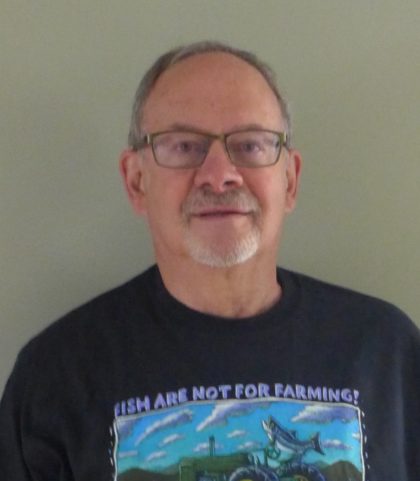 Selecting the right minister for us is one of the most important decisions in our congregation’s life. I want to help us have a successful search. I have been a UCV member since 1998 and have participated in many aspects of our congregational life. I served on the Interim Ministry Committee that selected Rev. Lara Cowtan and then was chairperson of the Ministerial Transition Team for its first year. I remain a member. Some of my other activities include: Board member, Communications Working Group (introduced current logo and adopted name as Vancouver Unitarians), CRE Committee, Committee on Ministry, long time member of Environment Team, founding member of Wild Salmon Action Team, Reconciliation Working Group, founding member of Second Sunday Book club, organized annual (before covid) Holiday Craft Fair. I love this community and we deserve another great minister. I hope to help us find that person.
Selecting the right minister for us is one of the most important decisions in our congregation’s life. I want to help us have a successful search. I have been a UCV member since 1998 and have participated in many aspects of our congregational life. I served on the Interim Ministry Committee that selected Rev. Lara Cowtan and then was chairperson of the Ministerial Transition Team for its first year. I remain a member. Some of my other activities include: Board member, Communications Working Group (introduced current logo and adopted name as Vancouver Unitarians), CRE Committee, Committee on Ministry, long time member of Environment Team, founding member of Wild Salmon Action Team, Reconciliation Working Group, founding member of Second Sunday Book club, organized annual (before covid) Holiday Craft Fair. I love this community and we deserve another great minister. I hope to help us find that person.
Shirley Brunke
 I first came to UCV in 1976. Mark and I were looking for a place to get married and we thought of UCV as it had a reputation of activism in Vancouver. Phillip Hewett did a sermon that morning called, “Are You a Unitarian?” At the end of the service we thought … “Well here we are! This is our Church!” And we joined! As we had children we became Sunday School teachers and involved in the Youth Group.
I first came to UCV in 1976. Mark and I were looking for a place to get married and we thought of UCV as it had a reputation of activism in Vancouver. Phillip Hewett did a sermon that morning called, “Are You a Unitarian?” At the end of the service we thought … “Well here we are! This is our Church!” And we joined! As we had children we became Sunday School teachers and involved in the Youth Group.
Between 1980 – 1988 I served as a UCV Chaplain performing the celebrations of Marriage and Memorial Services for the community. I have organized a number of Church dinners including 50th Anniversary Celebration dinner in 2014, and the Fall potluck dinners 2015, 2016 & 2017. I have frequently helped the Canvas by phoning members. And perhaps the most important role, I helped Mark for many years as sous chef when he did his famous Sushi Dinners for the Services Auction. This church is an integral part of my life.
Way Kent

I’m a retired union member worker bee, formerly with Telus – so I have lots of time to devote to this. I’ve been a member here since 1999 – so I have a solid knowledge of UCV history over the last 23 years. I’ve been a member of the Worship Services Cmte for about 20 years, & its chair for a good chunk of that – so I know a few things about how to run a Sunday service.
That’s about all I want to say. But – apparently – I’m meant to come up with a biography of sorts. So here goes … I have 2 sons, an ex-wife, a decent RRSP, sufficient money in the bank, & an old degree from Western University. I still have all my hair, & most of my teeth. I was also part of the Interim Minister search team – (I think we did pretty good with that).






 Esmé Mac-Demers is a 13-year-old associate member of UCV. She is passionate about art, comics, baking, advocating
Esmé Mac-Demers is a 13-year-old associate member of UCV. She is passionate about art, comics, baking, advocating 




 I was born in NYC and grew up in New Jersey in a large family.
I was born in NYC and grew up in New Jersey in a large family.  I became a member of UCV in 1990. I started with the Single Parents Food Bank. Over the years I have been a member of the Children’s program, the Worship Committee, and an Advisor
I became a member of UCV in 1990. I started with the Single Parents Food Bank. Over the years I have been a member of the Children’s program, the Worship Committee, and an Advisor  Selecting the right minister
Selecting the right minister  I first came to UCV in 1976. Mark and I were looking
I first came to UCV in 1976. Mark and I were looking 

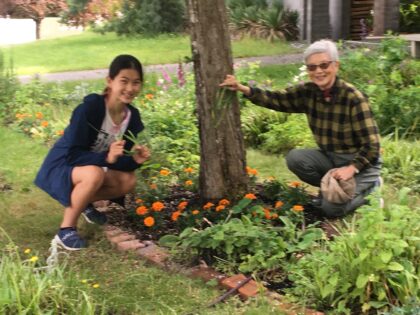
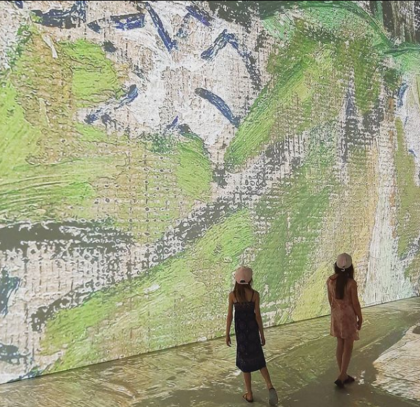
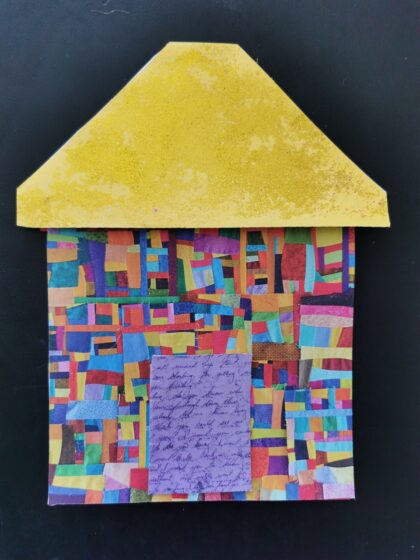 Here’s what she says:
Here’s what she says: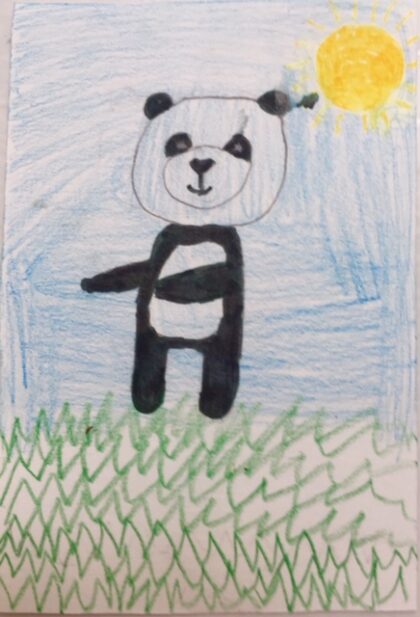
 Charlotte and Eva and Mr. and Mrs. Chickadee’s Adventures
Charlotte and Eva and Mr. and Mrs. Chickadee’s Adventures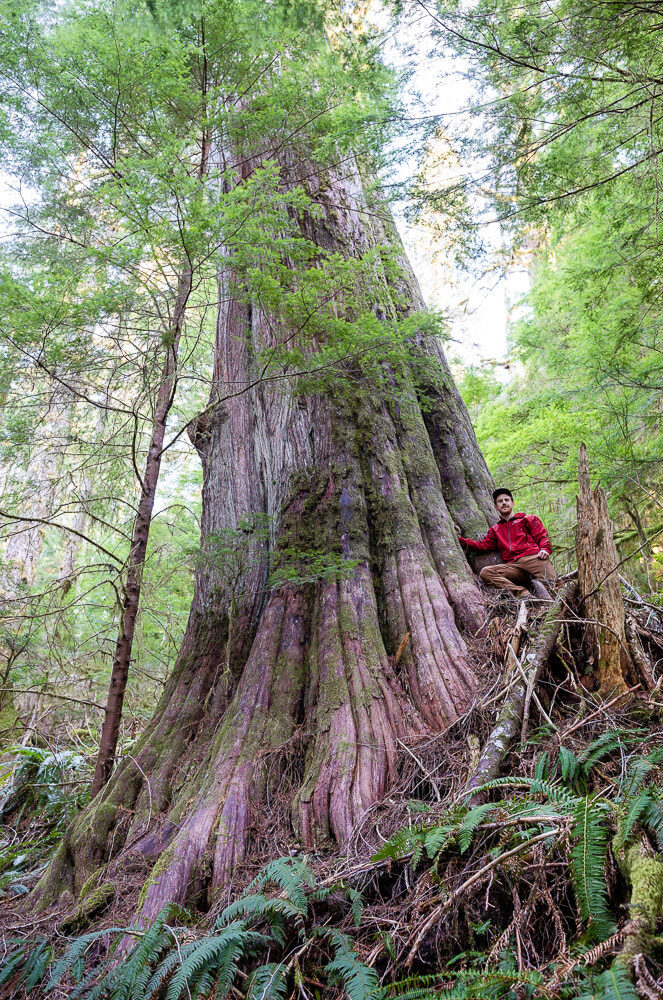

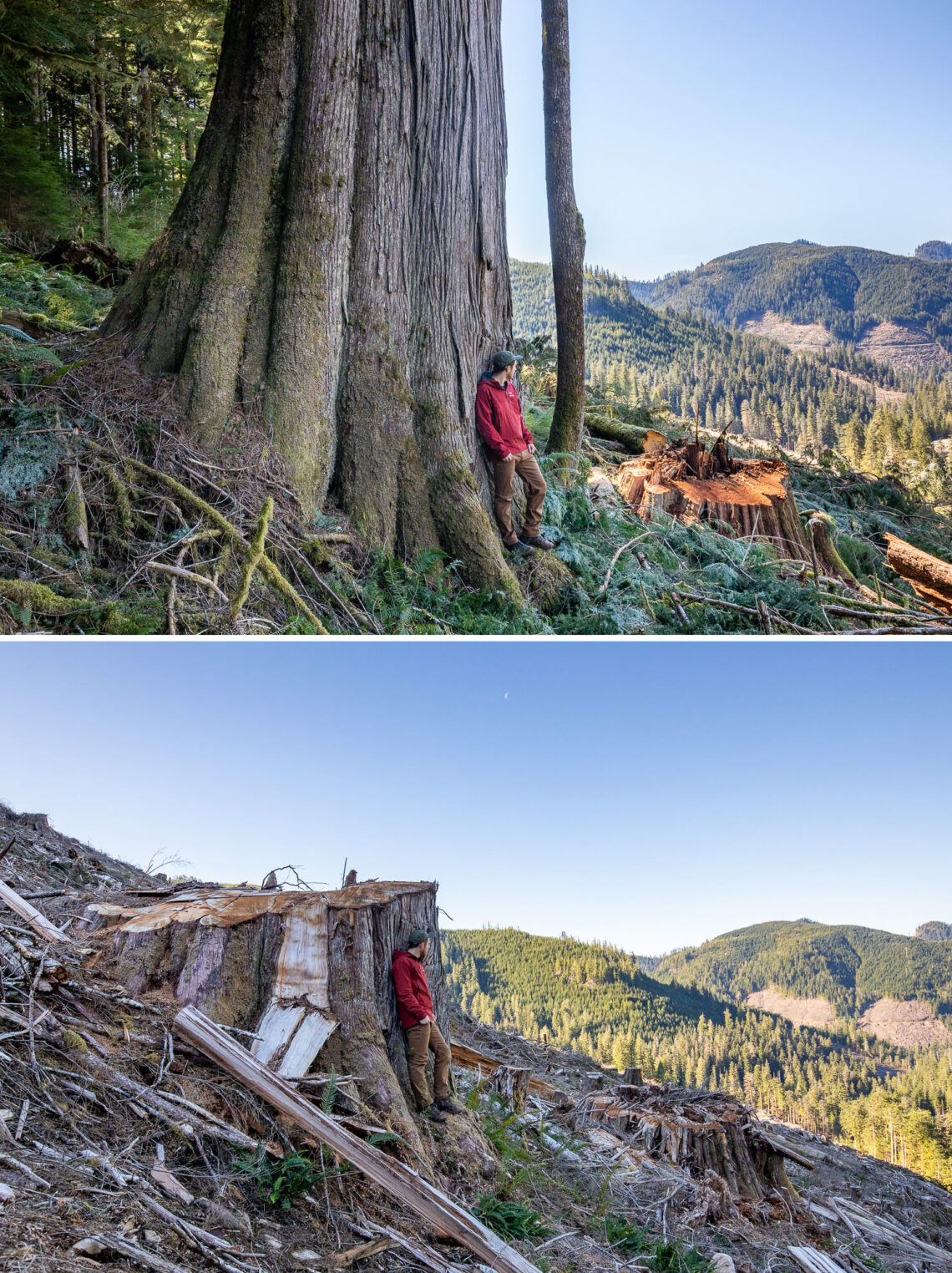
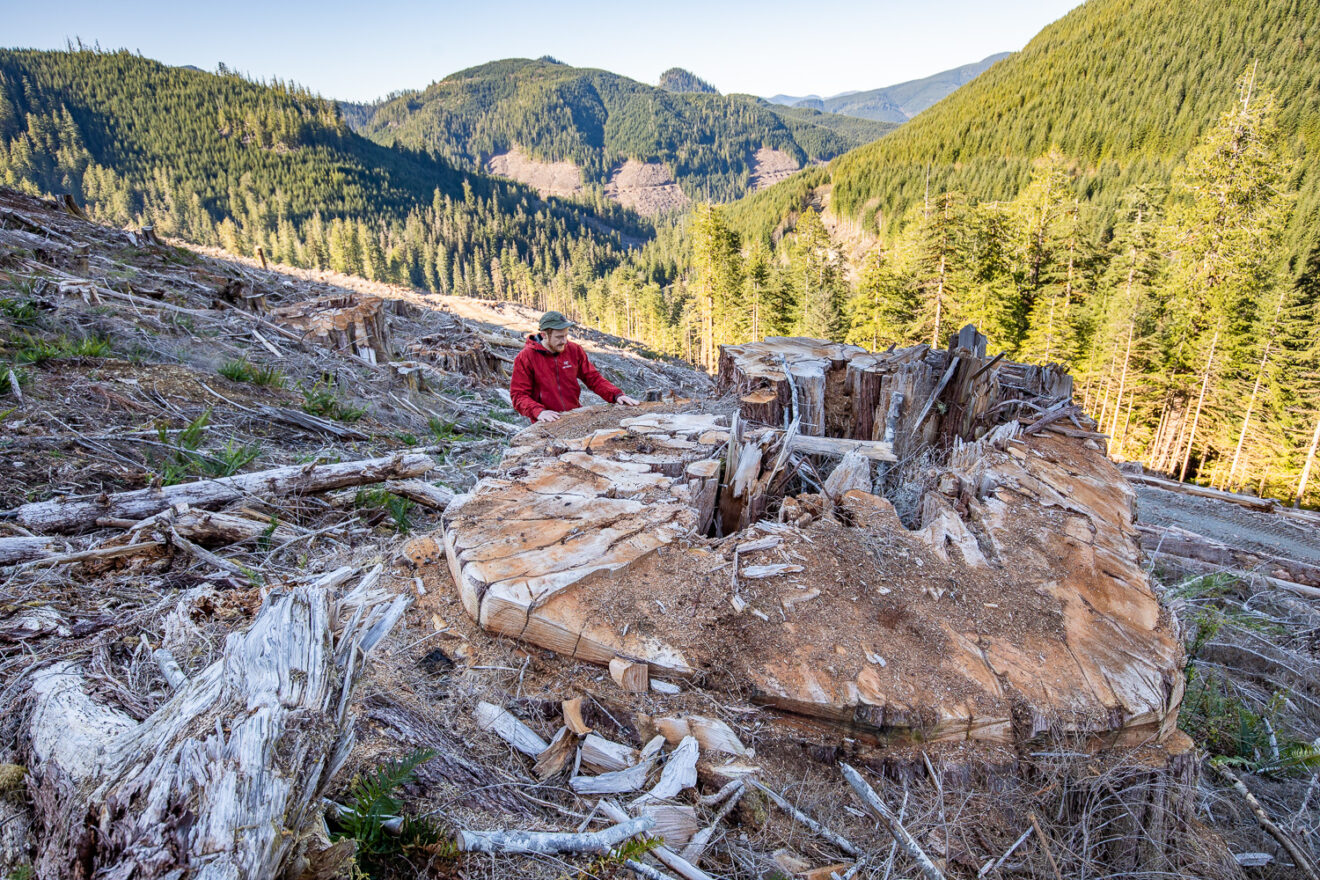
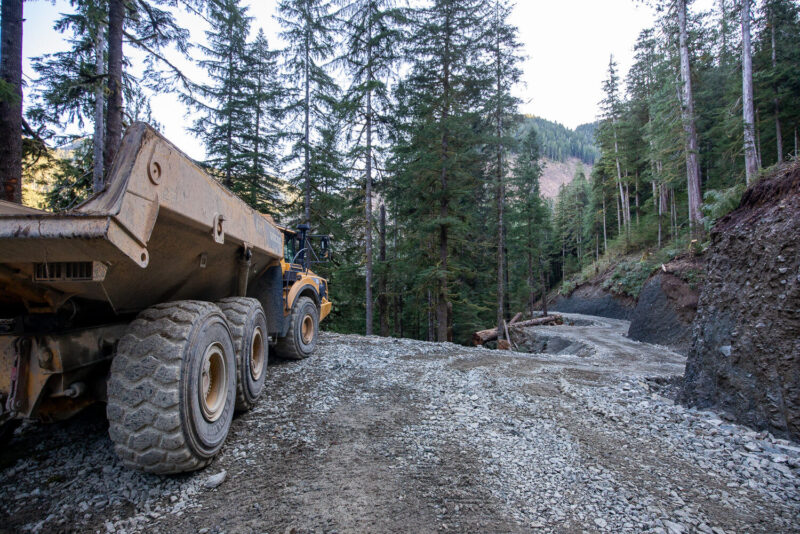
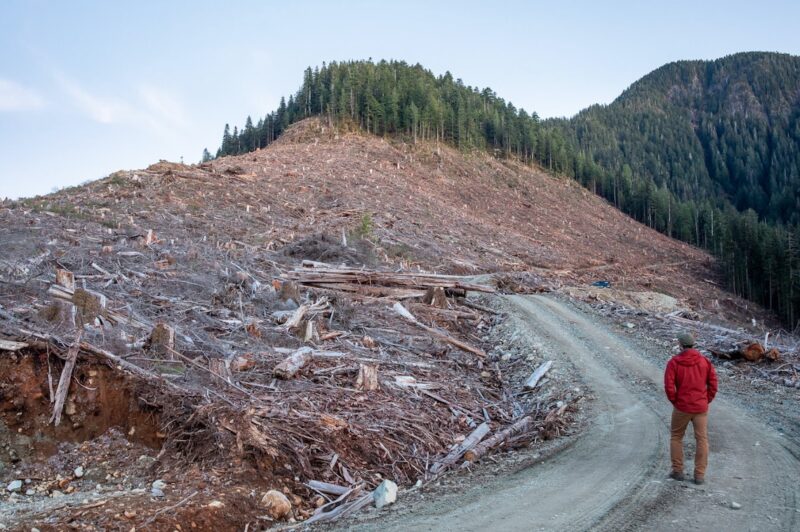

You must be logged in to post a comment.